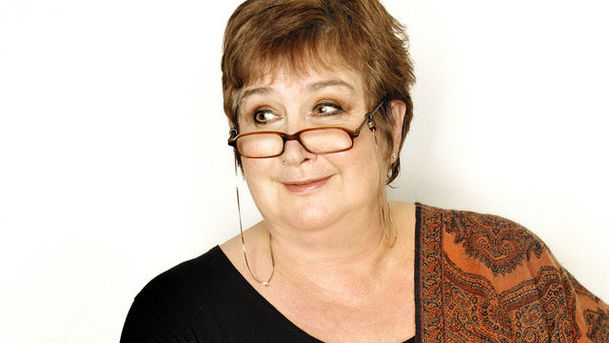Woman's Hour - 11/08/2009

With Jenni Murray. Ariel Leve has been worrying for as long as she can remember and has always looked on the blighted side of life, an outlook which she shares with readers of her column in Tthe Sunday Times. Sometimes described as a female Woody Allen, her philosophy can be summed up as follows: 'People like to say it will all work out. But what if it doesn't?' Ariel feels that, given that optimism has cost the world a financial meltdown, it is time we took pessimists more seriously. Ariel joins Jenni along with Robert Holden, one of the world's leading coaches on happiness and success, to explore the relationship between pessimism, optimism and our wellbeing. Music can invoke memories, provoke emotions and move us to activity such as dancing, singing along and making music ourselves. So looking at how the brain responds when a person is listening to music tells us a lot about the role the brain plays in memory, emotion and activity, and how these things are related to each other. Music also gives neurologists a way into talking about the 'nature/nurture' debate by comparing the brains of talented musicians with those of ordinary people. Jenni discusses what music can tell us about the kinds of beings we are with Dr Jessica Grahn of Cambridge University and Dr Katie Overy from the University of Edinburgh. In May 2000, Lucie Blackman went to work in Tokyo as a nightclub hostess. She was a pretty, blonde 21 year old, a prized 'gaijin', or Western Girl, whose job it was to serve drinks to Japanese businessmen, light their cigarettes and flirt. Eight weeks later, she was dead. Jenni is joined by Clare Campbell, who has written an account of Lucie's life and death. She is also joined by Dr Brigitte Steger, a lecturer in Modern Japanese Studies at Cambridge University, to discuss hostessing in Japan.